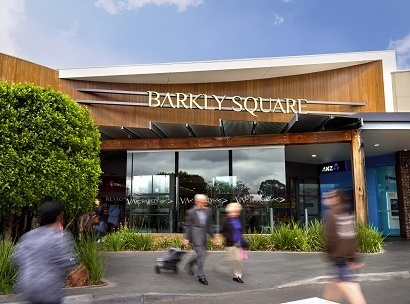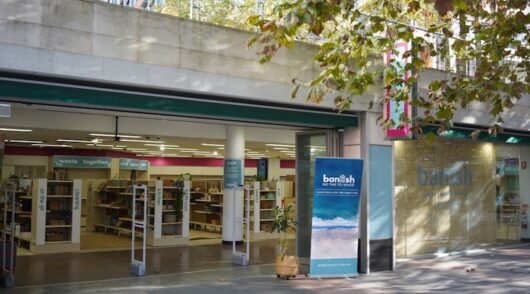
Barkly Square shopping centre in the Melbourne suburb of Brunswick is becoming more accessible for blind and vision-impaired shoppers.
The neighbourhood shopping centre, which is owned by ISPT and anchored by Coles, Woolworths and Kmart, has worked with technology company BindiMaps to provide visitors with voice-guided navigation to its stores, elevators and bathrooms.
The BindiMaps app, which is available on the App Store and will soon be available for Android devices, interacts with Bluetooth beacons that have been installed throughout Barkly Square to give users helpful voice commands to reach their destination.
This marks a significant gain for the blind and vision-impaired community, who might otherwise require significant help from family, friends or loved ones to access their local shopping centre.
“For people who are blind or have low vision, technology can have a huge impact on their lives,” said David Woodbridge, access technology adviser at Vision Australia.
“Locations like shopping centres can be challenging and apps like BindiMaps can play an important part in allowing people who are blind or have low vision to independently access and navigate them in the same manner as anyone else,” he said.
Vision Australia estimates there are currently around 384,000 Australians who live with blindness or low vision. Of these, 37,000 are blind and 347,000 have low low vision.
“As a person who is blind, it’s always pleasing when organisations take steps to improve accessibility, and developments like BindiMaps show it can be achieved with minimal disruption,” Woodbridge said.
Barkly Square is the first shopping centre in Victoria to improve accessibility for blind and visually-impaired shoppers through a partnership with BindiMaps.
The tech company has also “mapped” the Office of the Prime Minister and Cabinet in Canberra, AMP’s event space at the top of its building in The Rocks in Sydney and Vision Australia’s head office in NSW.
Shopping centres have been working to improve accessibility in other ways by launching ‘quiet hours’, where they reduce the volume throughout the centre and dim lights in safe areas to create a more comfortable shopping environment for people with autism, dementia and sensory sensitivities.





